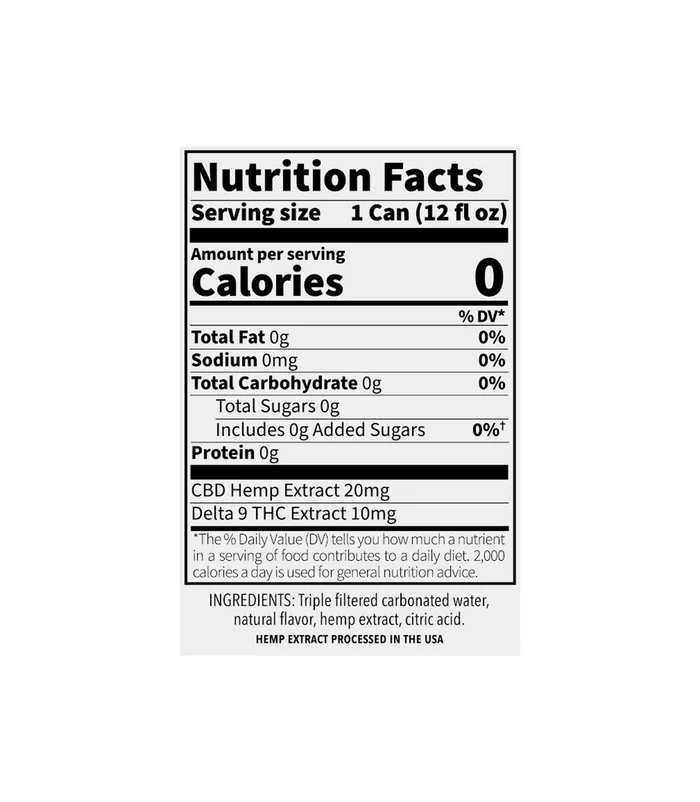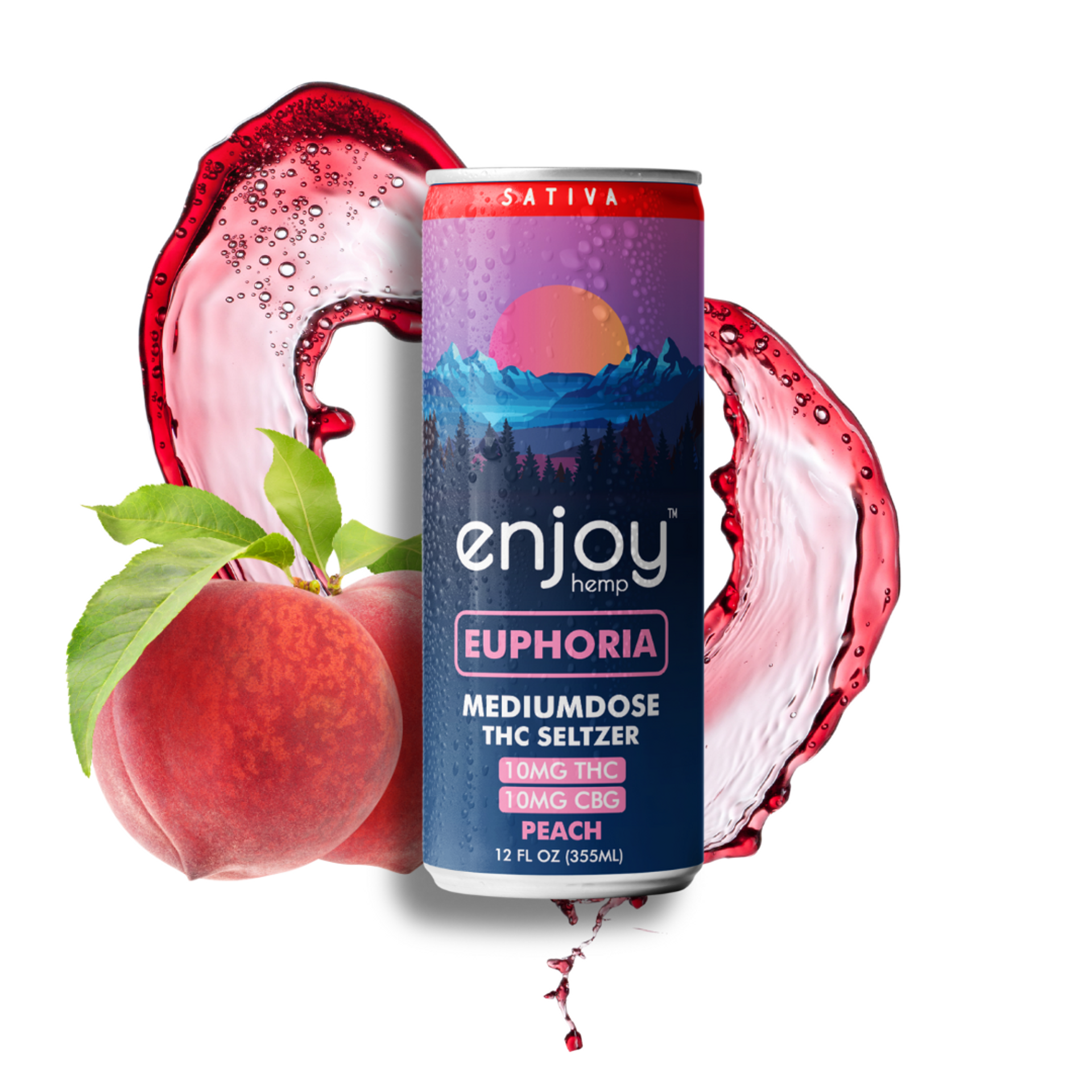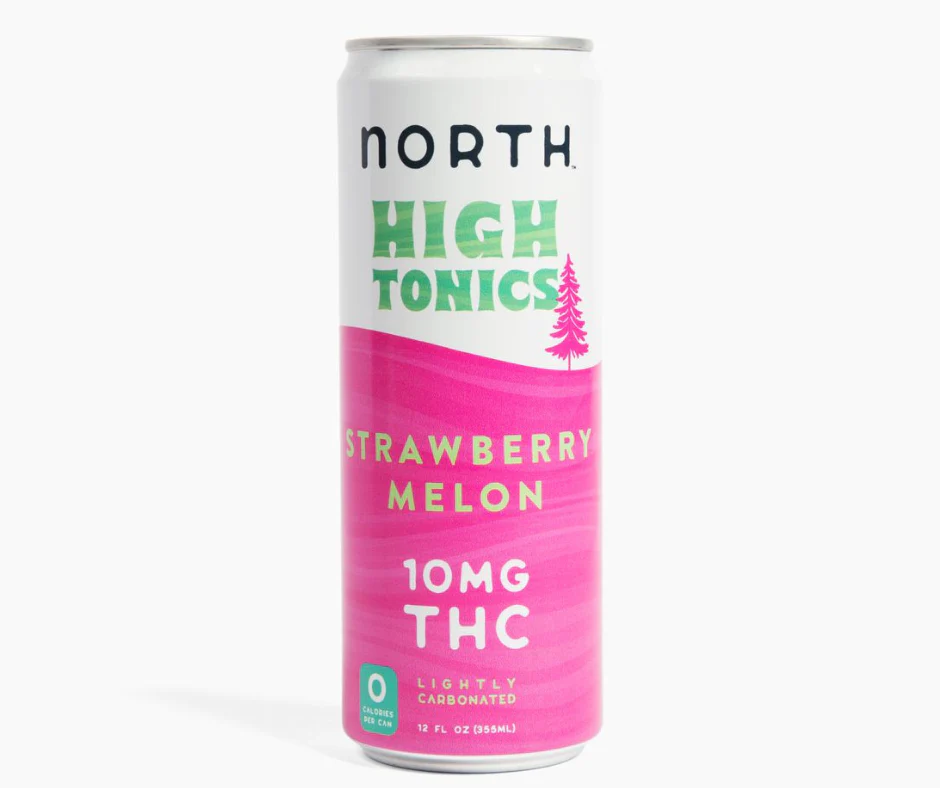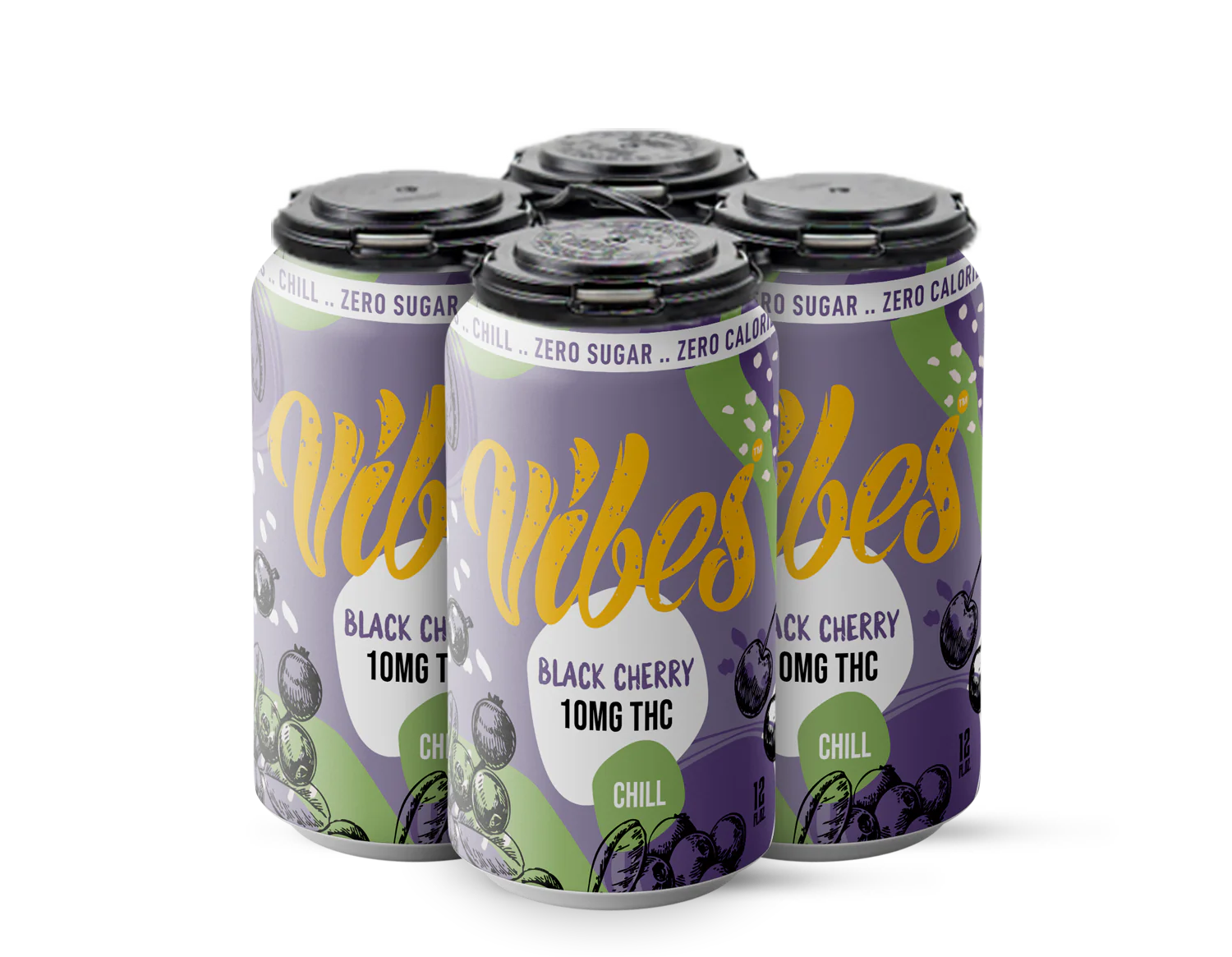

Florida has a medical-only cannabis program serving over 800,000 patients, one of the largest in the nation. Medical marijuana was legalized in 2016 through voter approval. Recreational use remains illegal despite a 2024 ballot measure receiving majority support (but not the required 60% supermajority). The program operates through vertically integrated MMTCs with 700+ dispensary locations. Florida does not allow home cultivation or reciprocity for out-of-state patients. The 2025 legislature
The process includes: 1) Get diagnosed with a qualifying condition, 2) Visit a qualified physician who will evaluate your condition and enter you into the Medical Marijuana Use Registry, 3) Apply for your Medical Marijuana Use Registry identification card online, 4) Pay the application fee, 5) Receive your card and purchase from licensed MMTCs.
Qualifying conditions include: cancer, epilepsy, glaucoma, HIV/AIDS, PTSD, ALS, Crohn's disease, Parkinson's disease, multiple sclerosis, medical conditions of the same kind or class, terminal conditions, chronic nonmalignant pain, and any condition that a physician believes could benefit from medical marijuana. The law provides physicians broad discretion.
The Florida Department of Health's Office of Medical Marijuana Use (OMMU) regulates the medical marijuana program. MMTCs are vertically integrated, handling cultivation, processing, and dispensing.
Yes, patients must be entered into the Medical Marijuana Use Registry by a qualified physician and apply for a registry identification card through the Florida Department of Health.
Qualified patients with a Medical Marijuana Use Registry identification card can purchase cannabis from any of the 716+ licensed dispensary locations operated by MMTCs across Florida.
The state application fee is $75 annually. Physician consultation fees vary but typically range from $150-300. As of 2025, there are over 800,000 registered patients in Florida's program. Cards must be renewed annually.






















